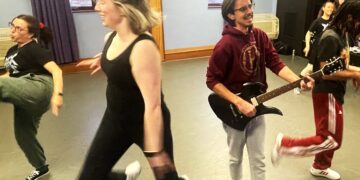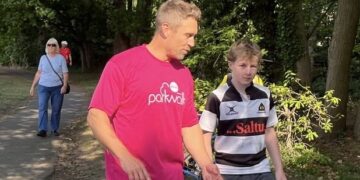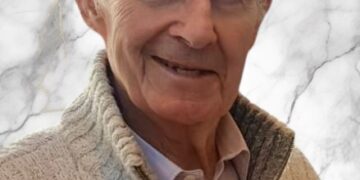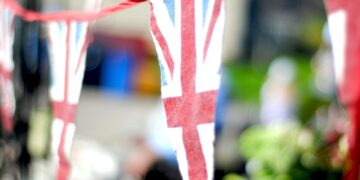SEVEN out of 10 young disabled people are “chronically lonely” according to new research from national disability charity, Sense.
The charity recognises that disabled people were disproportionately affected by social isolation before the pandemic, but the dramatic increase has led it to call for urgent action from the government.
Molly Watt, 26, from Maidenhead said she is optimistic that after the pandemic, society may become more empathetic and inclusive for disabled people.
“When I feel optimistic, I think the world might become more accessible, and that life will improve for disabled people, because almost everyone is working from home and having to strategise to get by,” she said. “Non-disabled people can now empathise more with how disabled people live on a daily basis.”
There are 14.1 million disabled people living in the UK, and while loneliness has risen across the whole population, data shows it has jumped by a quarter for those with a disability who were already disproportionately affected by the issue pre-pandemic.
Over two thirds of disabled people living in the South East of England said that social isolation is affecting their mental health and wellbeing, with two in five reporting an impact on their physical health.
Some say as a result, the government should prioritise tackling mental health issues caused by the pandemic, over the economy.
Richard Kramer, chief executive of Sense said: “Throughout the pandemic the needs of disabled people have been overlooked, and they have often felt forgotten.
“The government must recognise the severe impact the pandemic is having on disabled people and improve the support available, so they are not left isolated and cut off from society.”
Sense is also aiming to raise disability awareness and understanding amongst the general public. Two in every five people surveyed said this alone would help tackle social isolation.
Mr Kramer added: “We have all felt disconnected from others at some point during this pandemic, but loneliness has disproportionately affected disabled people. Many disabled people told us how they don’t have support networks around them and feel cut off from their local community.
“Others have struggled to leave their homes at all or to access and use digital technology to connect with people.
“We have all now experienced how it feels to have barriers preventing us from participating in everyday life. Our hope is that as we plan our way out of lockdown and begin to imagine what our lives will look like post-Covid, we can all commit to making society more accessible for everyone.”
Mr Kramer said creating a more accessible society and committing to addressing loneliness could be a positive legacy from the pandemic.
Sense is calling on the residents to sign its pledge, committing to help create a more accessible society.
After signing the pledge, supporters will receive a free guide on how to make life more inclusive for everyone.
For more information, visit: www.sense.org.uk/LeftOutOfLife











































